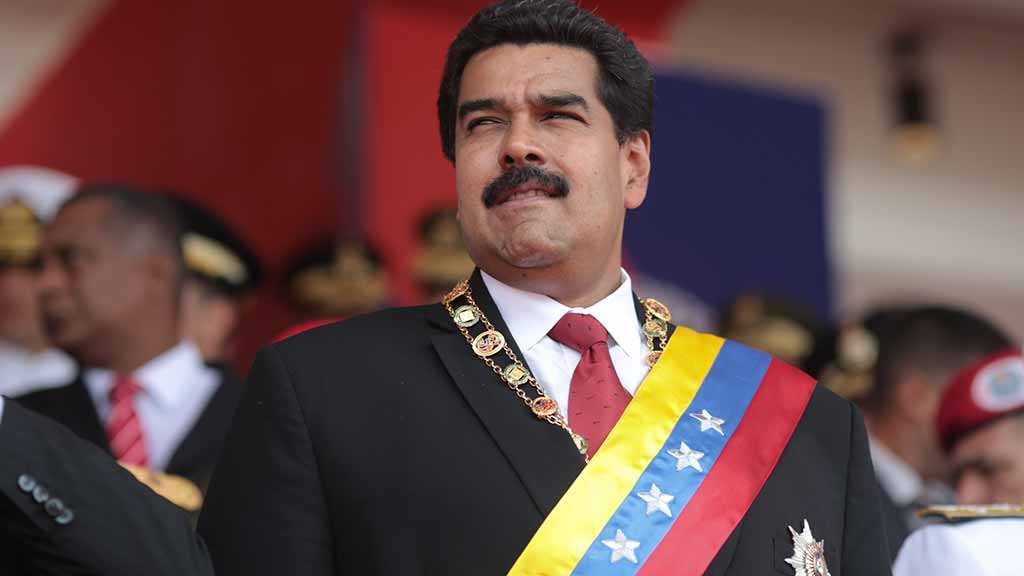The excitement in some US and foreign diplomatic circles about the rise of Juan Guaidó and an expectation for the fall of Nicolas Maduro has been replaced by frustration over the Venezuelan leader’s staying power and concerns of Russian and Chinese meddling, according to multiple diplomatic sources.
His staying power has led diplomats, foreign leaders and some Washington officials to reassess their timelines and consider that, barring military action, Maduro may be able to follow in the footsteps of other authoritarian leaders who have held onto power despite crushing sanctions.
“Maduro has definitely shown he is more resilient than what people thought. That’s a fact,” said one diplomat from Latin America, who was unauthorized to speak publicly about the regional strategy. “If you think about what the administration said about ‘this is the end, this is the end,’ and yet Maduro is still there.”
Foreign diplomats in Washington say they got caught up in expectations raised by some in the Trump administration that Guaidó would take over the government, and so were disappointed that Maduro’s regime has not yet fallen. Confidence that Maduro’s fall was guaranteed has now turned to more hope that he will – and concern he may not.
“There was this euphoric reaction that we all felt that it was the end of Maduro,” said Fernando Carrera, Guatemala’s foreign minister in 2013 and 2014. “I felt it. I was part of that group. I thought Maduro is gone. But no Guaidó couldn’t make it happen. The Trump administration couldn’t make it happen. And the Chinese and Russians have raised the stakes too high.”
Trump’s special envoy for Venezuela, Elliott Abrams, told McClatchy: “We do not have the ability to predict exactly when regimes like this will fall, but we do have the ability to analyze, and we are confident Maduro’s regime will eventually come to an end. The endgame for him should be to leave Venezuela, and the sooner the better, because his own situation is only going to decline the longer he clings to power and the more misery will be in the country.”
Diplomats from the region say economic pressure, mainly US sanctions, may not be enough to dislodge Maduro, if the Venezuelan people don’t rise up.
Maduro has been able to hang onto territorial control of the South American nation despite recognition by more than 50 nations, including the United States, of Guaidó as interim president, crippling oil sanctions and paralyzing banking restrictions.
The Venezuelan generals who the US sees as key to controlling the populace have stuck by Maduro despite veiled US threats of taking military action and promises their families would be blocked from entering the US.
The sanctions must be given time to have an impact, some argue. Venezuela’s oil sector accounts for as much as 70% of the Maduro government’s income.
The Trump administration continues to ratchet up the pressure.
The Trump administration appears engaged at all levels, including at the White House, State Department, USAID and Treasury. National Security Advisor regularly tweets about Venezuela multiple times a day.
River to Sea Uprooted Palestinian
Uprooted Palestinian 

 Uprooted Palestinian
Uprooted Palestinian 
 Uprooted Palestinian
Uprooted Palestinian
No comments:
Post a Comment